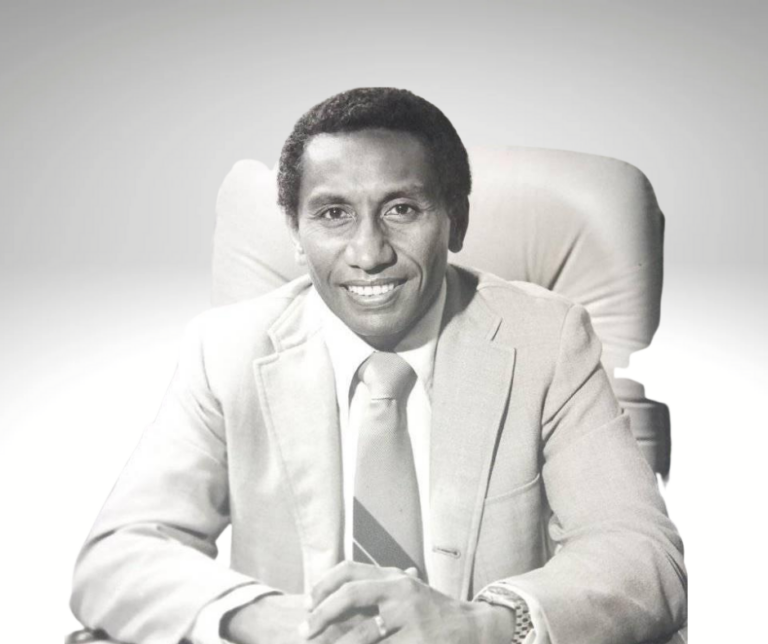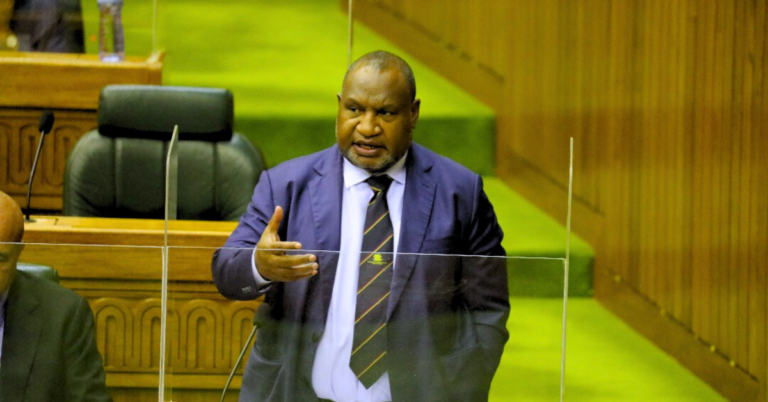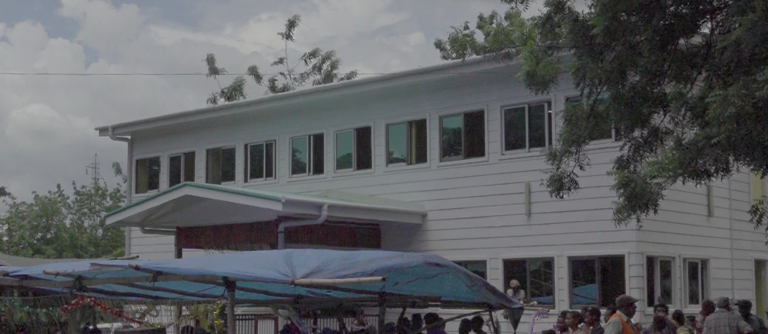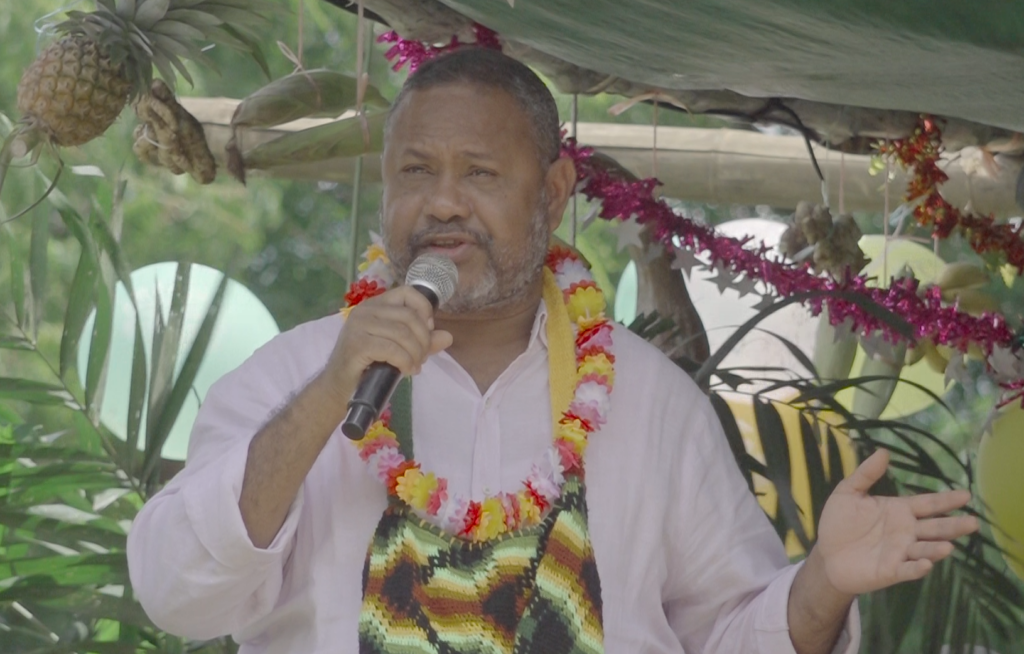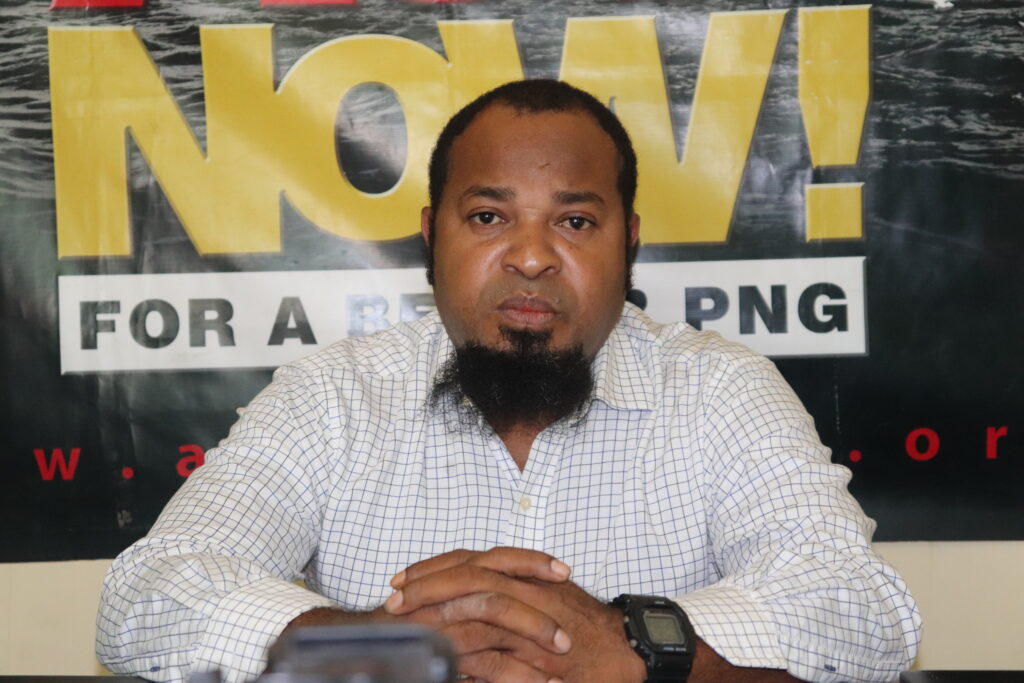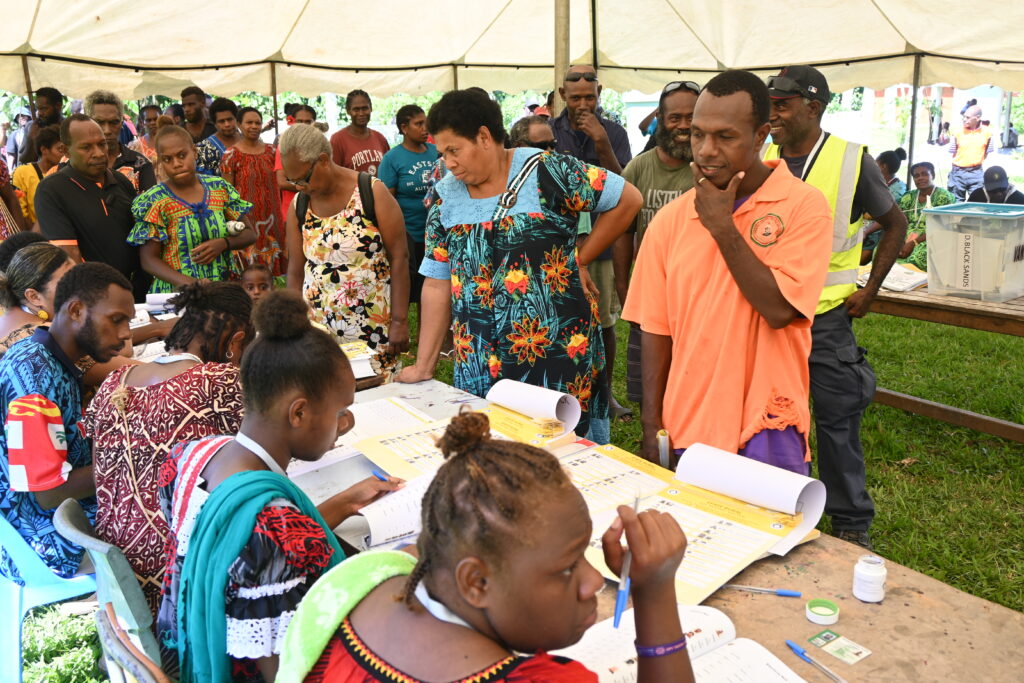Papua New Guinea’s ‘Last Man Standing’, Sir Julius Chan, at the ripe old age of 85, has passed away quietly and peacefully at his Huris home, in Namatanai, New Ireland Province surrounded by his family.
A pioneer statesman with over 50 years in active politics, the incumbent Governor of New Ireland Province, Sir Julius’ will forever be remembered as the last voice of experience of a Papua New Guinea that now looks to a new generation of leaders in its future.
Born between two cultures on the Catholic Mission of Tanga Island in New Ireland Province on the 29th of August, on the eve of war in 1939, to a Chinese migrant father, Chin Pak, and New Ireland mother, Miriam Tinkoris, he rose from humble beginnings, exemplifying values of hard work, integrity and a deep commitment to the betterment of society.
From a hardworking father whom he watched build boats with his own hands, he learned traits that shaped him from a young boy into a man whose style of leadership would prompt a range of responses and opinions.
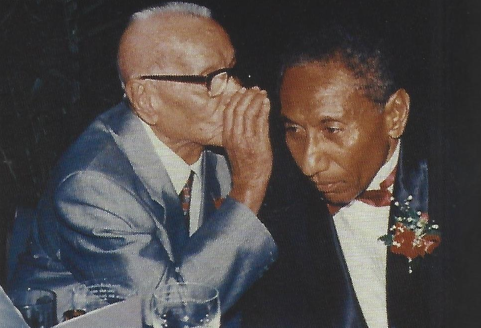
Sir Julius or “Sir J” as he is affectionately known, entered national politics before Papua New Guinea gained independence in 1975.
He was first elected to represent the Namatanai district of New Ireland province in the pre-independence House of Assembly in 1968.
A seat he held consecutively for five more terms; signalling the start of a long career in PNG politics, serving twice as Prime Minister.
Like many long serving politicians, Sir J’s career was not without its own share of controversy.
Whilst many highlighted his commitment and focus on economic management and praised his championing of the Organic Law on Provincial and Local Level Governments which decentralized governance and empowered local administrations as positive contributions, others were critical of his handling of the Sandline affair in 1997; an incident which led to public protest and generated significant criticism.
This prompted him to step down as Prime Minister in the same year.
For this, he will always be known as the first Prime Minister to voluntarily relinquish his post due to a national crisis.
Navigating the often-turbulent political landscape of Papua New Guinea, characterized by frequent shifts in alliances and changes in government, presented ongoing challenges to Sir J’s leadership.
Nevertheless, he proved adept at maneuvering within this complex environment, maintaining a prominent role in national politics for many years, prioritizing resource development and economic diversification to foster stability and long-term growth.
His long and influential career in PNG politics leaves behind a complex and multifaced legacy.
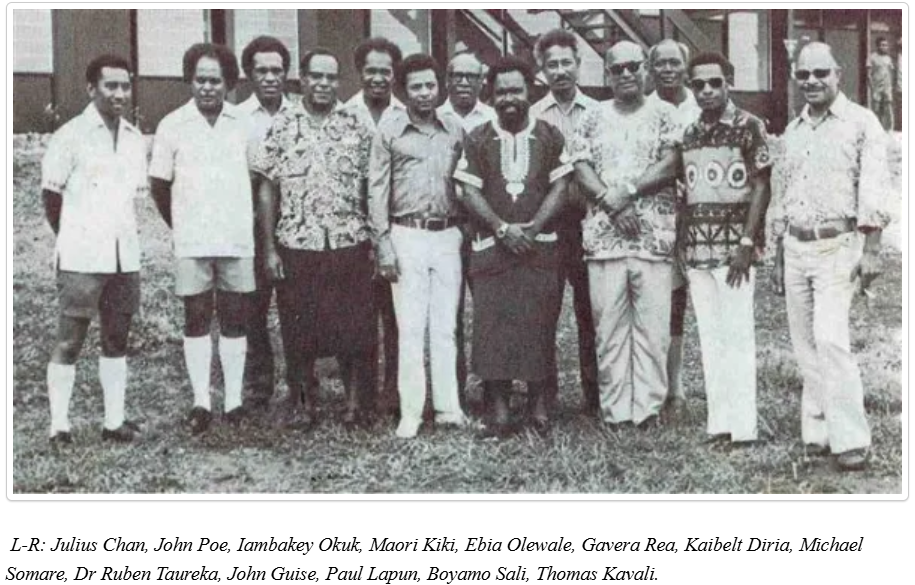
A nation is now in mourning as the devastating news of his passing is shared far and wide.
Tributes have begun pouring in on Social Media from across the country and internationally, with many Papua New Guineans expressing a profound sense of loss.
Fellow politician and East Sepik Governor, Allan Bird, in a Facebook post referred to Sir J as “the last of his kind. Men set apart by destiny to do things no one else can.”
“Along with his good friend and brother Sir Michael, Sir Pita and others who left, they gave birth to this country”
“A country whose ideals they fought for all their lives. In fact, Sir Julius was still fighting for what he believed in right up until he left us.”
In similar fashion, veteran PNG journalist, Scott Waide posted, “He lived and served well without fear” shortly after he posted, “Another knowledge keeper gone”.
So many others expressing their appreciation toward the founding father, commending his immense sacrifice, commitment and contribution towards shaping the foundation of an Independent Papua New Guinea.
His passing leaves a void in the hearts of those who knew him. He takes with him his wealth of wisdom and invaluable perspectives.
But his legacy of service and dedication will remain in the history books of Papua New Guinea and inspire generations to come.
Prime Minister, James Marape, in a statement, reflected on Sir J’s legacy, describing him as one of the last great leaders from PNG’s Independence era.
“Sir Julius Chan was not just a leader, he was a statesman of great wisdom and resilience, a man who dedicated his life to the service of our country”.
“His significant role in shaping the trajectory of Papua New Guinea’s economy and governance, will never be forgotten”, James Marape, Prime Minister of Papua New Guinea.

